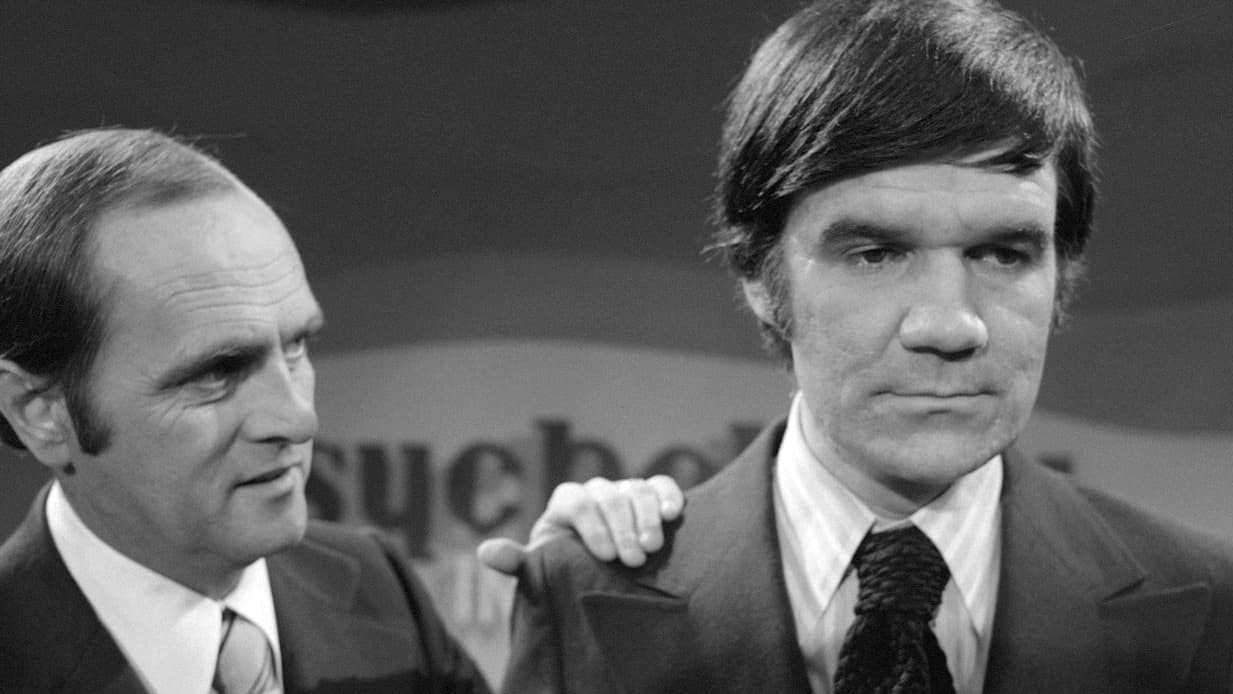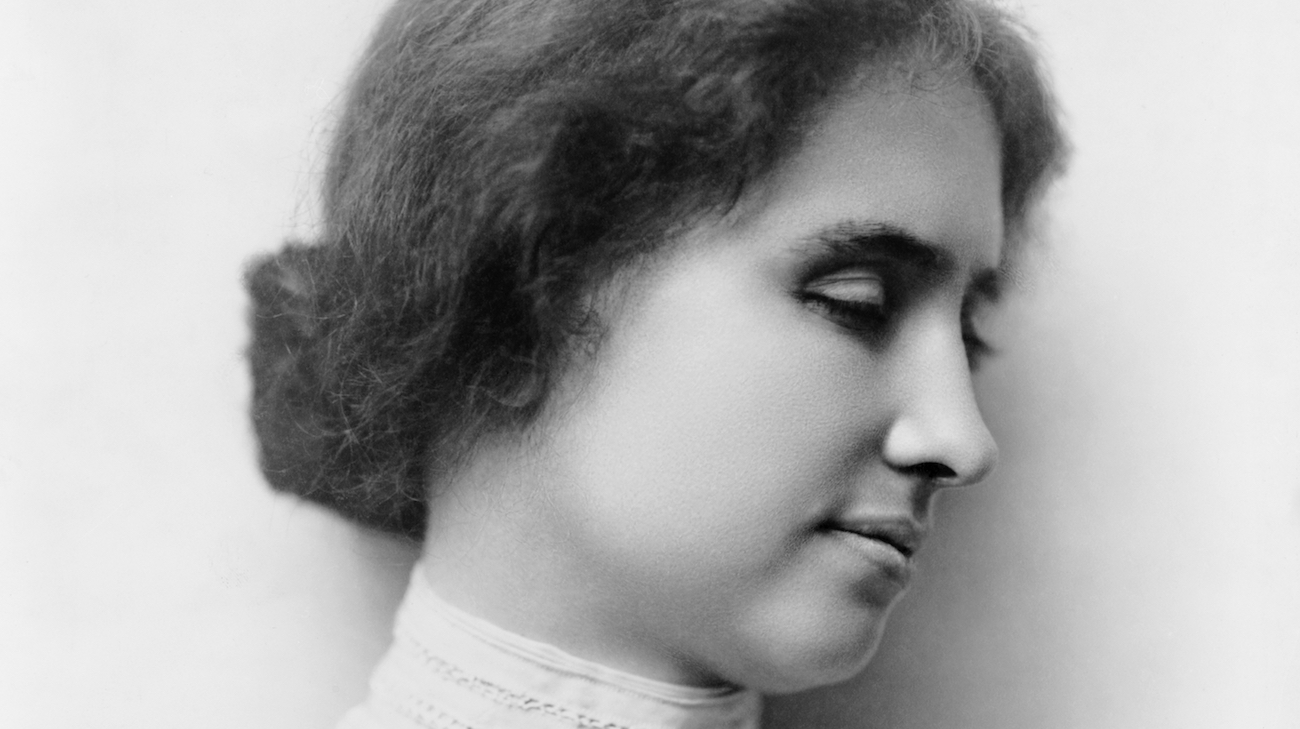Once there was a woman—we’ll call her Sarah—who suffered from a very unfortunate condition: she could never see the good in other people. You’ve heard the expression that some people aren’t happy unless they’re complaining about something? This describes Sarah. She was always critical, suspicious, and unsatisfied; no matter what another person did and no matter how hard he or she tried, she always found fault. Sarah was a chronic whiner, complainer, and ingrate; her favorite expressions were, “He must have an angle—what’s in it for him?,” or “She’s just putting on an act—no one’s really that good,” or “People can’t be trusted.” Sarah found fault with everyone, including her family members, neighbors, friends, pastor, doctor, hairdresser, and all the other people she knew—and this attitude, of course, took away all the joy and meaning in her life.
Fortunately Sarah finally realized this, and she had the courage and determination to do something about it. She went to a psychiatrist for help, but this turned out to do her little good. She tried listening to self-improvement tapes and visualizing herself as a friendly, accepting person—but she couldn’t make any real progress. She then decided that, by a supreme act of her own will, she would become a nice and smiling person, even if she had to bite her own tongue off to keep from saying anything critical about other people—but before long she had fallen back into her old habits. Sarah didn’t know what to do, but then one day she heard the story of Jesus healing the blind man Bartimaeus, and the truth suddenly struck her: she was blind—not physically, but emotionally; she was unable to see the good in those around her. Sarah bravely faced this truth, and humbly asked Jesus’ help in overcoming the power of sin in her life. Her prayer was answered; through His grace, she was able to change, slowly but surely (Tonne, Five Minute Homilies, p. 110).
Physical blindness is a burden; spiritual and emotional blindness is a tragedy. God created the world and everything in it, and He saw that it was good—but far too many people fail to recognize this truth. Divorce, crime, child abuse, violence, suicide, substance abuse, political divisiveness and viciousness, and many other ills seem to be near all-time highs—largely because people fail to appreciate themselves and those around them. An important part of faith is the ability to recognize the meaning and beauty of life, and in particular, to see and acknowledge the goodness in others. Jesus makes this possible; He offers healing to those who are spiritually blind.
Most people today go through life spiritually blindfolded, or at the very least, wearing spiritual and moral blinders, rather than allowing themselves to see the full scope of God’s love and mercy. This is the cause of much unnecessary suffering and emotional emptiness, for God is unable to bless those who reject Him. Through the prophet Jeremiah (31:7-9), the Lord tells us that He will gather His people together, including the blind, the lame, and the oppressed, and will care for them with a Father’s love. The Gospel of Mark (10:46-52) shows one of the ways in which Jesus fulfilled this prophecy. Bartimaeus was blind, but he heard Jesus passing by, and he felt in his heart that the Lord could cure him. Jesus did so, but said, “Your faith has healed you.” Jesus had healing power, but Bartimaeus’ openness was necessary for Him to use it. The Letter to the Hebrews (5:1-6) describes Jesus as the great high priest Who alone is able to offer the perfect sacrifice for sins. However, this gift does us no good unless we accept it. In the same way, Jesus can only heal those who truly want Him to do so.
Bartimaeus said, “Master, I want to see.” Likewise, Sarah decided she wanted to see the goodness in others. If we are blind in any manner, the first step toward being healed is truly desiring to change. Contrary to what many people assume, this isn’t obvious or automatic; sometimes we’re more comfortable holding onto our illusions or preconceived ideas, and sometimes we don’t want to remove our blindfolds or blinders. In the long run, however, this attitude hurts us, and this approach to life isn’t worth the cost. Jesus calls us to spiritual healthiness, freedom, and sight—especially in regard to how we relate to others.
In practical terms, this means we should look for good points in the people around us, give them the benefit of the doubt, and pray for them instead of constantly criticizing, nagging, or judging them. Too often, however, our natural tendency is either to take them for granted, or to notice only those things about them which irritate us, while overlooking their good qualities and characteristics. We can always find something to complain about, if that’s our choice—but, on the other hand, we can always find something to appreciate, if only we’re willing to look. Maybe your wife forgot to sew the button back on your favorite shirt—but what about all the good things she did throughout the day—cooking, cleaning, volunteering at school, and perhaps even working at an outside job? Maybe your husband forgot to take out the garbage again—lamentable, but not the end of the world. Don’t forget how hard he worked for you and your family throughout the week. So your children sometimes get on your nerves. That happens; don’t let it make you lose sight of all the times you’ve been so proud of them. Your parents may seem so unreasonable in their expectations—but remember all the sacrifices they’ve made for you (Tonne, op. cit.). This also applies to bosses, employees, co-workers, neighbors, teachers, priests, parishioners, and just about everyone we know. We don’t have to deny or excuse their failures, and we’re entitled to hope and pray they’ll improve—but at the same time we need to look for and appreciate their good points. Perhaps we can all make this our special goal or project for the coming week.
The song “Amazing Grace” contains the line “I once was lost, but now am found; was blind, but now I see.” Jesus calls us to see—by opening our hearts to His love and to the goodness of others.








